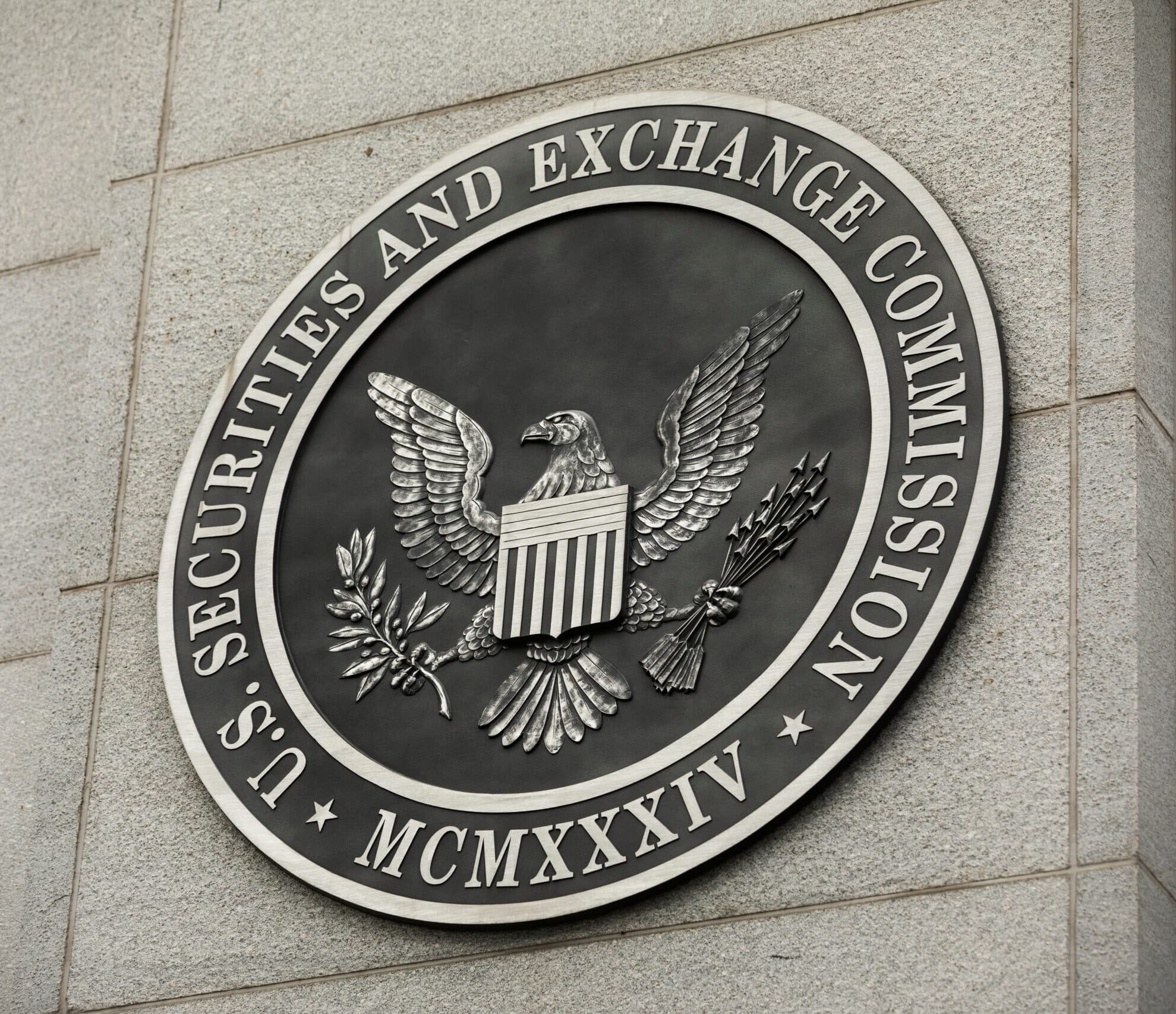On Tuesday morning, the SEC released a filing in its case against crypto exchange Binance that some interpreted as a major shift in the agency’s view towards cryptocurrencies other than bitcoin and ether. Specifically, the filing said that the SEC planned to amend its complaint to drop charges that these so-called third-party tokens, including Solana’s SOL and Polygon’s MATIC, constitute unregistered securities. The SEC, which has already told Binance of its plans, wrote that this move “[obviated] the need for the Court to issue a ruling as to the sufficiency of the allegations as to those tokens at this time.”
The SEC has made this charge against multiple cryptocurrencies in other cases it has brought against various crypto exchanges such as Coinbase and Kraken, making Tuesday’s pivot in the Binance case potentially very meaningful. But some experts are skeptical that the filing reflects a broad shift in the SEC’s stance.
“There is no reason to think SEC has decided SOL is a non-security,” Jake Chervinsky, chief legal officer for crypto VC Variant Fund, wrote on X on Tuesday. “That [the SEC doesn’t] want to do discovery on a dozen tokens in the Binance case appears to be a litigation tactic, not a change in policy.”
Chervinsky further noted in his post that the SEC is still calling these tokens securities in its other cases against crypto exchanges.
Miles Jennings, general counsel for a16z crypto, wrote on X that compared to Judge Katherine Polk Failla, who is presiding in the SEC’s case against Coinbase, the judge in the Binance case, Amy Berman Jackson, had set a higher bar for establishing that these third-party tokens satisfied the Howey test. The Howey test is a set of four criteria — essentially that there is an investment of money in a common enterprise with the expectation of profits from the efforts of others — that need to be satisfied for an asset to be considered a security and thus subject to U.S. securities laws.
In a June 28 opinion on Binance’s motion to dismiss the SEC’s case, Judge Jackson criticized the SEC’s regulation of the crypto industry via litigation, and said that “the Court will apply the only test the government has offered for assessing for whether a non-traditional asset is a security, and it finds that the complaint does not include sufficient facts to support a plausible inference that any particular secondary sales satisfy the Howey test for an investment contract.”
According to Jennings, the SEC’s decision to drop third party tokens from its complaint against Binance was thus to avoid having to prove the allegations that those tokens are securities to the judge.
“The SEC is opting to forego their unbounded legal theories in front of a skeptical judge (Jackson), but will still pursue those claims in front of a judge that’s inclined to agree with them (Failla),” Jennings wrote.
Read more: Can Gary Gensler Be ‘Fired’ If Trump Becomes President Again?
Similarly, J.W. Verret, a crypto law professor at George Mason Law School, called the SEC’s move “a tactical retreat” by the SEC.
The key to assessing the change’s impact may well be whether the SEC amends its complaints in a similar fashion in its cases against Coinbase and other crypto exchanges. If it doesn’t, it would seriously harm the agency’s credibility, according to Verret.
“If the SEC continues to pursue those allegations in the Coinbase case but not Binance, it’ll be the worst case of judge shopping,” Verret told Unchained. “Trying these cases differently to see what sticks would go against everything the SEC stands for, and I think Judge Failla will see this.”
Read more: SEC Gives Final Approval to Spot Ether ETFs, Setting Stage for Historic Launch
Verret noted that if the SEC does not amend its complaint against Coinbase, “certainly, Coinbase will raise this inconsistency in their case.”
The 10 tokens named in the SEC’s original complaint against Binance as constituting unregistered securities were SOL, ADA, MATIC, FIL, ATOM, SAND, MANA, ALGO, AXS, and COTI.
In a hearing on July 9, Binance argued that Judge Jackson’s June 28 opinion meant that third-party tokens were being dropped from the SEC’s case, a claim that Judge Jackson disputed.
Tuesday’s filing by the SEC was therefore intended to clarify the agency’s position.
In a sign that investors may not have viewed the SEC filing as that consequential for SOL, the token did not immediately rise following news of Tuesday’s filing. As of Wednesday morning, however, it is up about 1% over the past 24 hours, while MATIC was down a little over 1% over the same time frame, according to CoinGecko.


